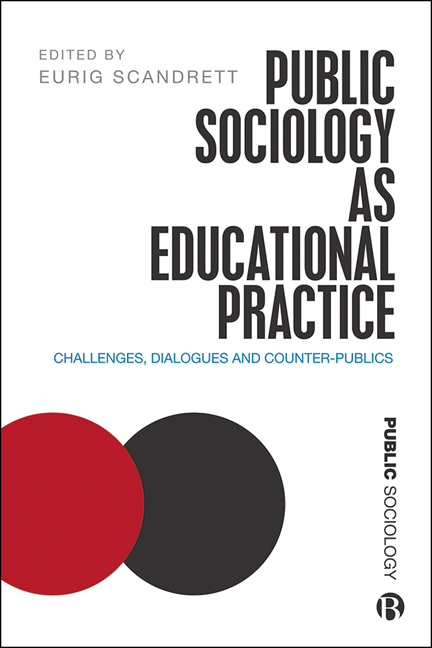III.6 - Trade Unionism as Collective Education
Published online by Cambridge University Press: 02 March 2021
Summary
When you’re telling me to be resilient you are really telling me that I am failing the system, when really it is the system that is failing me. So fuck you.
Fuck you for sending me invitations to stress reduction courses
While you make me teach larger classes for less money.
Fuck you for sending me booklets with breathing exercises
While my workload grows higher and higher …
Don't think for a second that they will make me forget
The better world that I deserve.
The better world I can imagine.
The world I have seen on picket lines
And community halls
In whispered conversations
And shouted in slogans
Scrawled all over sidewalks
And written on the internet.
Because fuck you and your individualising bullshit.
Grace Krause, ‘Resilience or Fuck You Neoliberalism – a strike poem’ (Permission to reproduce this poem has been granted by Krause.)The marketisation of higher education in the UK has brought not only job insecurity, increased workloads, and an increase in tuition fees alongside a student-as-consumer or ‘customer service approach’ to education, but a number of individualised performativity measures that monitor the productivity (in a narrow sense of the word) of individual staff members (Brown and Carasso, 2013). While trade unions primarily aim to improve representation and gain fairer working conditions for its members, trade union work can simultaneously be considered as part of public sociology education. As Scandrett (2017) notes, education not only concerns the production of knowledge but it is also a social relation: ‘knowledge continues to be created both in collectively challenging … social relations and in experimenting with alternatives’ (Scandrett, 2017: 81). Trade union work becomes an educational project first and foremost through students or union members learning about their rights as workers through training and campaigns, in which a kind of ‘learning by doing’ or embodied knowledge spur members to analyse the social and political power dynamics of work: making clear the relation between ‘personal troubles’ and ‘public issues’ (Mills, 2000), such work shifts the understanding of workplace struggles from one of individual failure to one bound up in structural contexts. However, trade union work becomes an educational project also through a fostering of collective action and a sense of community; a way of being and doing that counteracts the individualising culture of marketised academia.
- Type
- Chapter
- Information
- Public Sociology as Educational PracticeChallenges, Dialogues and Counter-Publics, pp. 315 - 330Publisher: Bristol University PressPrint publication year: 2020



